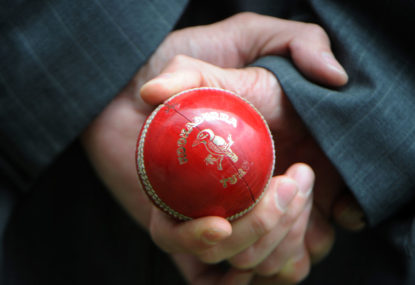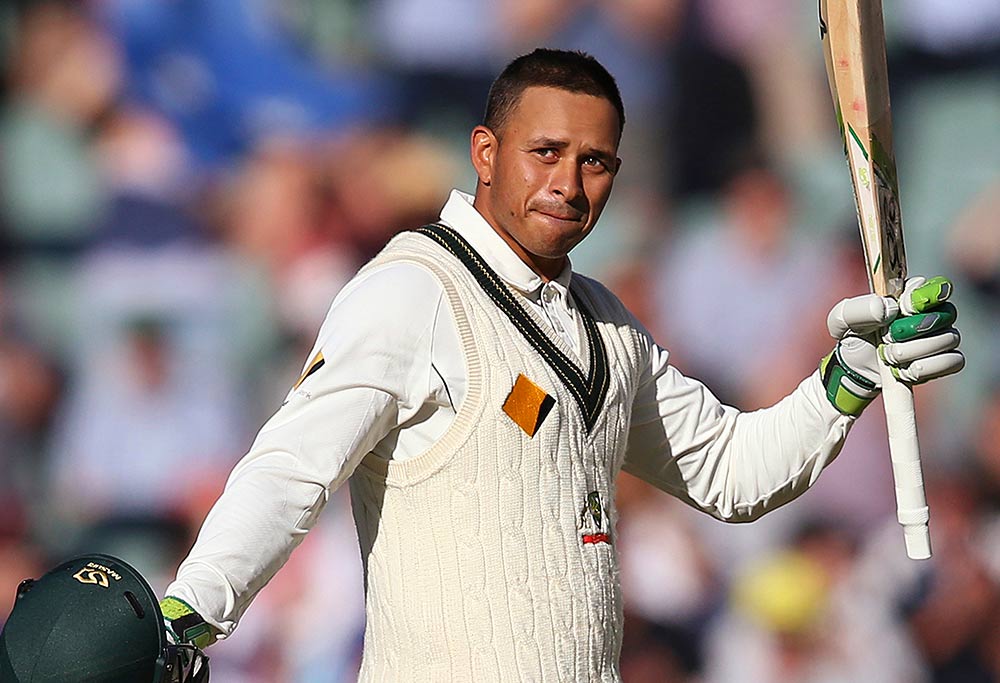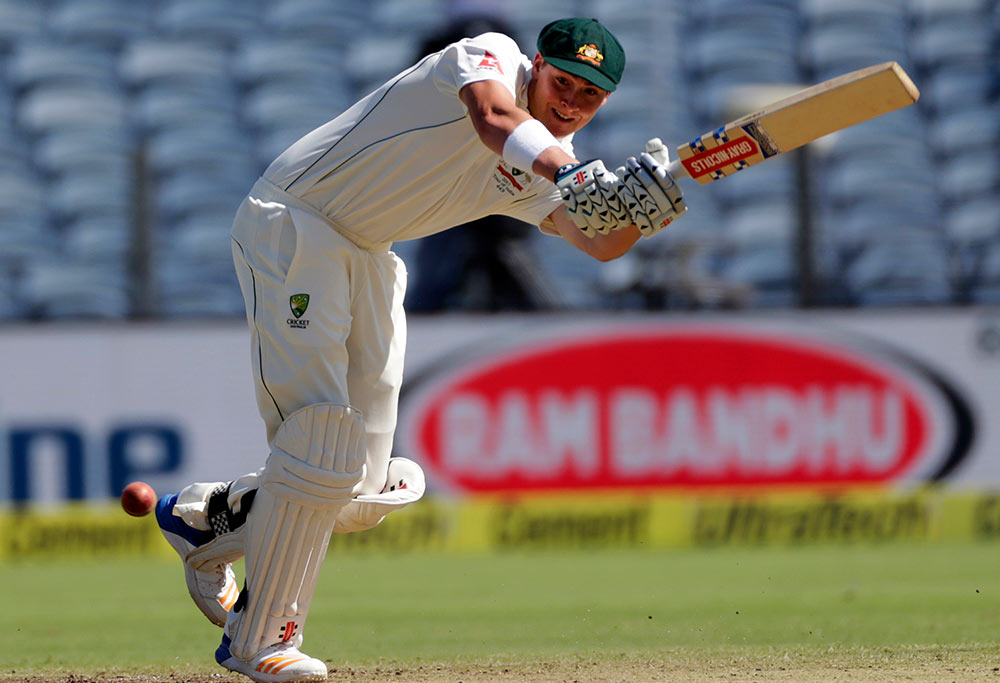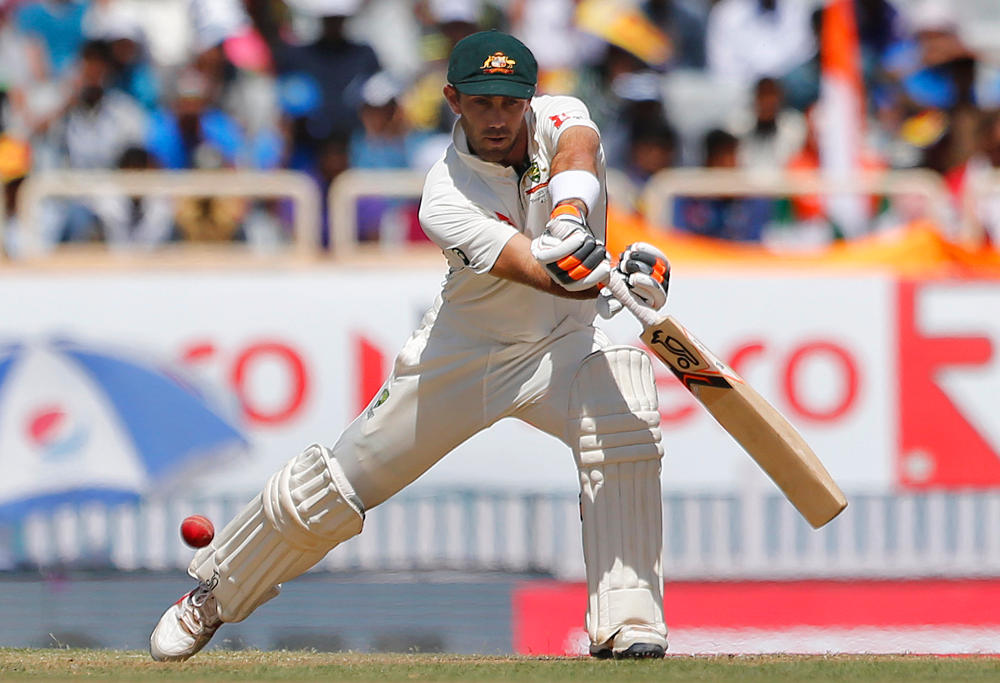World Cup chances up in the air but Smith makes Major call on T20 future, Green dumped despite huge IPL deal
Test great Steve Smith is to play for Washington Freedom in the second season of Major League Cricket as the Australian influence in the…

The claim that ‘where you grow up matters for sporting success, that’s why Yorkshire cricketers are so good’ is a catch cry of the Barmy Army as they head Down Under.
They might believe this theory, but does where you commence your cricket play any part in success?
Ricky Ponting speaks emphatically. “I’m very proud of my upbringing and where I came from,” he says. The role his club and junior cricket at Mowbray played in his rise to be the master Australian cricket icon is recognised Australia-wide, or is it? Obviously this grassroots initiation set him on the path to success. Some may claim other influences helped develop his skills, but he is living proof to support this argument.
Without naming many other cricketers of note and their current status, I leave it to you to either support this belief or argue against it.
However, with citizenship a hot political topic, the decision made throughout Ashes history by the two rivals to use dual-citizenship players to suit their needs of the time raises some interesting questions. Where do our cricketers come from and where did they start that long road to the elite level?
England – or should I be saying Yorkshire? – has certainly plundered the South African grassroots cricketers for their own benefit, including Andrew Strauss, Tony Grieg, Alan Lamb, Kevin Pietersen and Ian Trott, to name just a few. Indeed in this century two Australians – Tim Ambrose and Sam Robson, two New South Wales state primary school representatives who learnt their junior and early senior skills in Newcastle and Sydney respectively – have risen to the English call.

(AP Photo/Rick Rycroft, File)
Australia is not alone at this either, with Kepler Wessels playing 24 Tests as a stand out example. In fact how many male players selected this year to play for Australia in all of the three forms of cricket actually had their junior grassroots origins in Australian school or club cricket?
If we listen to our Channel Nine and Fox Sports commentators, we are often taken down the pitch and stumped badly when they are describing ‘accurately’ the home grassroots state or territory, let alone their actual junior club. How many cricket lovers actually know where Adam Zampa or Jason Behrendorff started junior cricket?
Surely these examples drive home dramatically that before the 60s your home state origin was known, cherished and valued by supporters. The Sheffield Shield teams were the Yorkshires of the Aussie cricket world and they battled out epic contests on uncovered pitches in front of huge crowds.
Were there many examples of the North Sydney Oval pitch last month classed as unplayable by the umpires or did they battle on regardless? Yes, something has certainly changed – but are we embracing these changes?
I challenge any two avid independent cricket fans, one from Sydney and one from Melbourne, to go at 11am to the northern exits of Central and Flinders Street stations and ask 20 people the following questions about Steven Waugh, Lindsay Hassett and Don Bradman: Do you know the following three people? Where do they come from? Why are they well known?
Am I wrong in believing the very structure of Australian society has reached a stage that a completely new outlook is required to save our beloved game?

(AP Photo/Rajanish Kakade)
Last week the High Court handed down its decision regarding those politicans found to have held dual citizenship at the time of the election, and the 2016 census shows that 41 per cent of Australians were either born overseas or had at least one parent who was. This fact points out clearly that our British (Yorkshire) heritage no longer plays the important part that it used to and that we must move with the times.
Unfortunately over 40 per cent of the grassroots youth of today doesn’t have a parent with any cricket experience to play backyard cricket with – in fact most don’t have a backyard, let alone a quiet street. They depend entirely on school and club environments to be introduced and taught to enjoy the game, yet our government and the education system are removing physical education and sport from our schools faster than Mitchell Stark or Pat Cummins will remove the English team.
The recent pay dispute between the Players Association and Cricket Australia highlighted the grassroots as the major thought on everyone’s minds. This is just like the citizenship debate – it depends on the interpretation.
When the now big business corporate cricket board argued against the (unionist) players request for a set monetary figure for the grassroots, the same old problems were buried. The announcement that the conditions of the new player agreement will be secret ensures the real grassroots will again be part of extra administration and marketing staff offering grants that volunteers at struggling clubs may apply for as usual but with a minute increase available.

(AP Photo/Aijaz Rahi)
Accurate independent research on the financial and human resources present in all associations and clubs is vitally needed.
Social media – our saviour, we have been told – is a new world of cricket communication, but cricket is only speaking to the population that actually knows what it is.
It is not connecting to the east Asian, Middle Eastern and central and northern African migrants and refugee families who make up an increasing percentage of the country. Add to this the growing percentage of the others who know what the game is but are turning away from participation due to a multitude of reasons and the problem becomes obvious.
The Base is narrowing and being further eroded as it struggles to hold up the ever-increasing top-heavy level of employees mainly from other sports standing up at their computer desks planning new ways to write strategies for the changed society we live in.
But don’t worry – the veteran stalwarts will say that we will be saved by the guaranteed statement that we always get growth in participation following the Ashes.